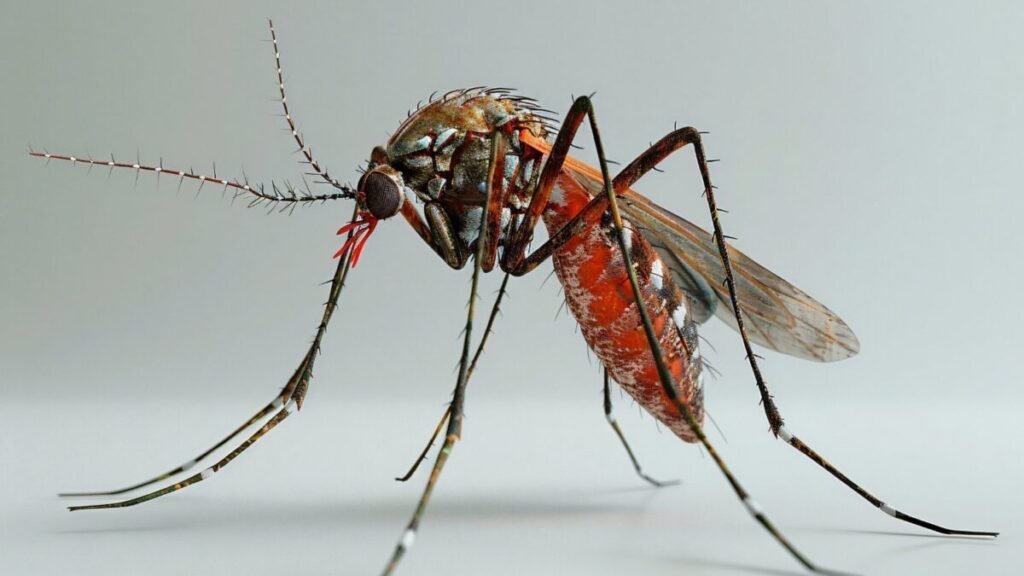Dengue Spreading Fast: 4.6 Million More Cases Each Year Because of Global Warming

Dengue, a viral disease transmitted by the Aedes aegypti mosquito, is finding an unexpected ally in the global rise in temperature. A study published in PNAS reveals that climate change is responsible for 18% of the cases recorded in Asia and the Americas in recent decades. This equals to an additional 4.6 million infections annually, a phenomenon that threatens to worsen in the coming years if urgent measures are not taken.
The Dengue “Golden Zone”
The study shows that the virus thrives at 27.8°C. Below this temperature, each degree increase significantly boosts transmission; above it, the spread begins to decline. This behavior explains why temperate regions like Mexico, Peru, or southern Brazil are experiencing a rapid increase in cases.
https://x.com/AliSMV7/status/1964379171041198458
A Climate-Sensitive Mosquito
The Aedes aegypti, the main dengue vector, multiplies and transmits the virus in warmer climates. Under these conditions, both the insect’s development and viral replication accelerate, leading to explosive outbreaks. Stanford Report highlights that the mosquito’s biology is particularly vulnerable to temperature changes, making it a direct marker of the climate impact.
Compelling Evidence
The research, led by Marissa Childs (University of Washington) and Erin Mordecai (Stanford), analyzed over 1.4 million observations in 21 countries across Latin America and Asia from 1995 to 2014. Using econometric techniques, experts isolated the temperature effect and confirmed that warming is already leaving a “visible footprint” on dengue. The estimated average is alarming: an 18% increase in cases in just two decades.
The Future: Disturbing Projections
If greenhouse gas emissions continue unchecked, cases could grow between 49% and 76% by 2050. In extreme warming scenarios, the disease could double in cold areas currently inhabited by over 260 million people. Although slight decreases are projected in very hot tropical zones, the overall trend will be a pronounced and uneven increase.
A Warning with Room for Action
The authors emphasize that reducing emissions could mitigate much of this increase. Less warming would mean fewer expanding mosquitoes and, consequently, less viral transmission. Dengue ceases to be solely a public health problem and becomes a direct indicator of climate change. In the researchers’ words: acting against climate change is also preventing millions of diseases and saving lives.
Source: [Original Source]






